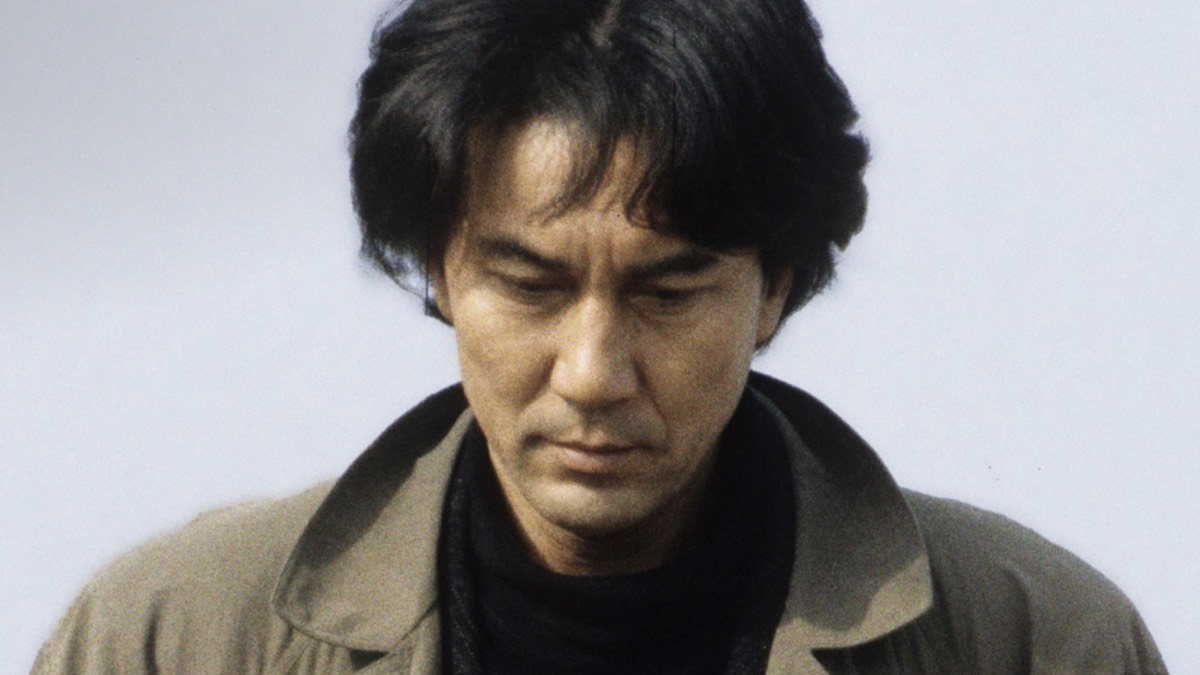
How much control do we have over what we do? What do we ever choose to do in full consciousness? Takabe, a detective in Tokyo, investigates a series of murders, each by a different killer, but all carving a cross into their victims throats. The trail leads him to Mamiya, a man with extreme short-term memory loss. As Takabe talks with his suspect, Takabe’s world begins to crumble.
Masato Hagiwara gives a masterful performance as Mamiya, equal parts creepy, charismatic and frustrating. Once you understand what’s going on, you start to notice the small movements and seemingly inconsequential decisions he makes, and how they play in to the whole. Whenever he is with Takabe, you fear for Takabe’s sanity. Those conversations make me think of both Silence of the Lambs and Se7en. There are also stylistic choices in the film that we see again in Pulse three years later.
The less you know about this film going in, the more powerful its effect is, which is apt for the subject matter. It makes you feel deeply uncomfortable, because it shows how ordinary people can do horrific things, and rationalise it as normal. The horror is existential, and the questions it asks are philosophical. Cure is potent as hell.